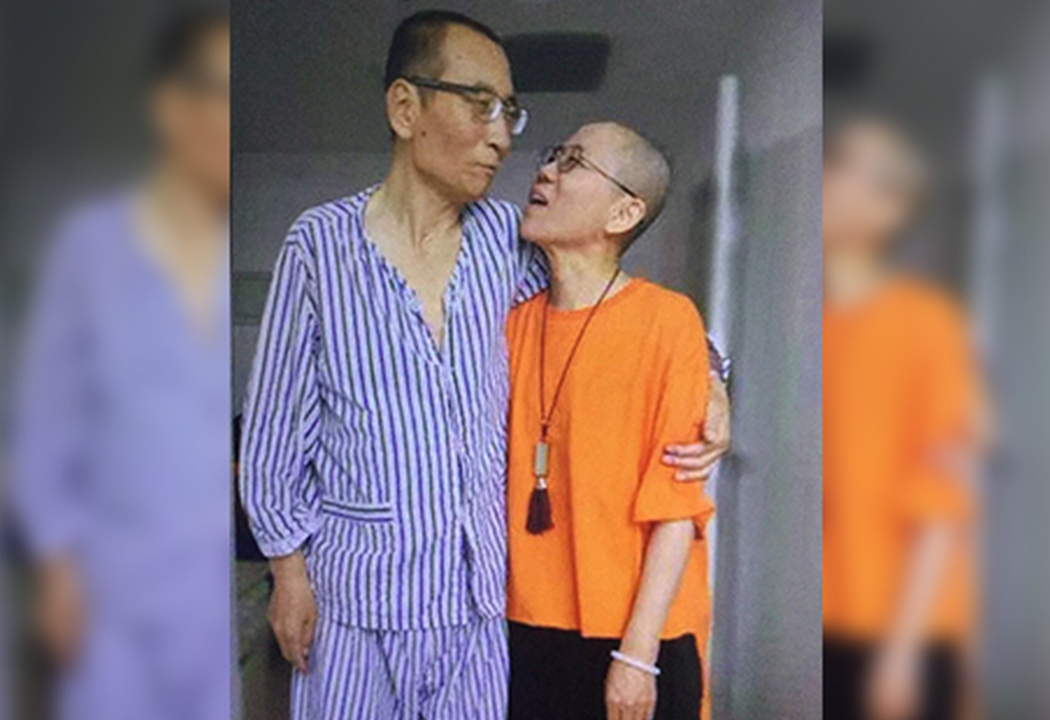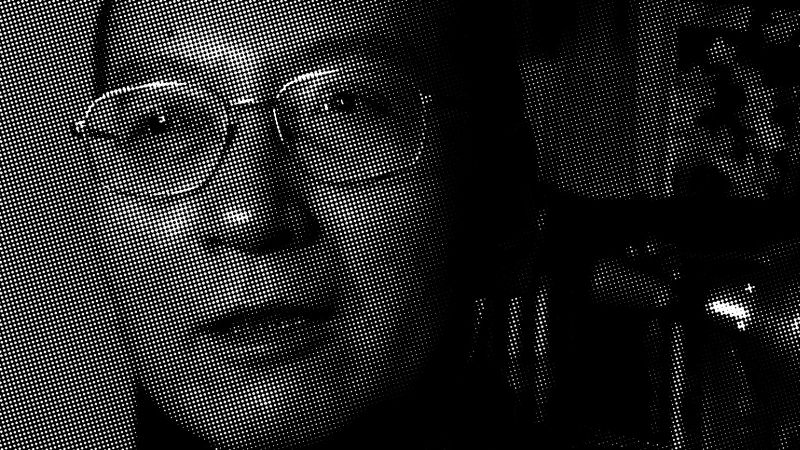By Sharon Hom, executive director of Human Rights in China
With the tragic death of Liu Xiaobo, a Nobel Peace Prize Laureate recognised for “his long and non-violent struggle for fundamental rights in China,” the Chinese people and the world have lost a powerful champion for social justice and human rights. Despite strong international pressure on China to respect Liu Xiaobo’s last wishes to leave the country, the Chinese authorities continued to trample on his rights and dignity to the very end.
Only under a “rule of law with Chinese characteristics” – and a trial completely devoid of any due process – could a moderate, constructive, brilliant public intellectual like Liu Xiaobo be sentenced to 11 years prison for “inciting subversion of state power” for peaceful expression. Only under a regime more committed to its own political interest rather than a citizen’s health and life could the travesty of Liu Xiaobo’s final days be allowed to happen.

On July 13, in the official notice of Liu’s death posted by Shenyang’s Bureau of Justice online, the authorities claimed to have afforded him expert care during his medical parole:
“The First Hospital of China Medical University invited prominent domestic tumour experts to treat him multiple times, and also invited American and German liver cancer experts to join the consultation and treatment. But after rescue treatment by different parties, Liu Xiaobo’s condition continuously worsened. On July 10, he was placed in intensive care and observation. On July 13, he died of multiple organ failure.”
However, this official propaganda on the expert medical treatment Liu received in his final days cannot absolve the authorities from having to account for how and why such a serious condition was not diagnosed earlier, if he had in fact been afforded the proper and regular medical care required by Chinese law and international standards.

The official accusation that those pressing for Liu’s release was politicising his situation also cannot mask the truth: that the regime’s fear of the political risk that a free Liu Xiaobo might have just enough time to expose the whole truth of his prison experience.
As we hold Liu Xia and Liu’s family in our prayers, we should continue to press for Liu Xia’s release from the larger prison that is today’s China. She should at least be able to mourn with dignity and in time heal, and “live on well” in true freedom as Liu Xiaobo deeply wished for her. Perhaps his beautiful words expressing his eternal love for her might bring some comfort: “Even if I were crushed into powder, I would still use my ashes to embrace you.”
At this time of grief and painful loss for Liu Xia and his family, the key challenge we must focus on is how to honour Liu Xiaobo, for paying the ultimate price, and support those still wrongfully imprisoned.
All of us can act to ensure that China’s illegal imprisonment and political murder of Liu Xiaobo will not succeed in silencing forever his voice and killing his vision of a democratic future for the China he loved.

We can keep Liu Xiaobo’s spirit and ideas alive by reading his extensive body of insightful work, especially Charter 08 and the six essays that were the basis of his unjust conviction. We can share and debate his vision of an alternate future path for China – that is what he would have wanted, not just uncritical acceptance of any idea, even ones he advanced.
Finally, Chinese people can answer Liu Xiaobo’s call – and challenge – to accept and live up to their responsibility as citizens. As he stated so powerfully: “Universal enslavement and inequality are never caused by the ruler’s excessive power or wisdom, but because those who are ruled kneel down.”
